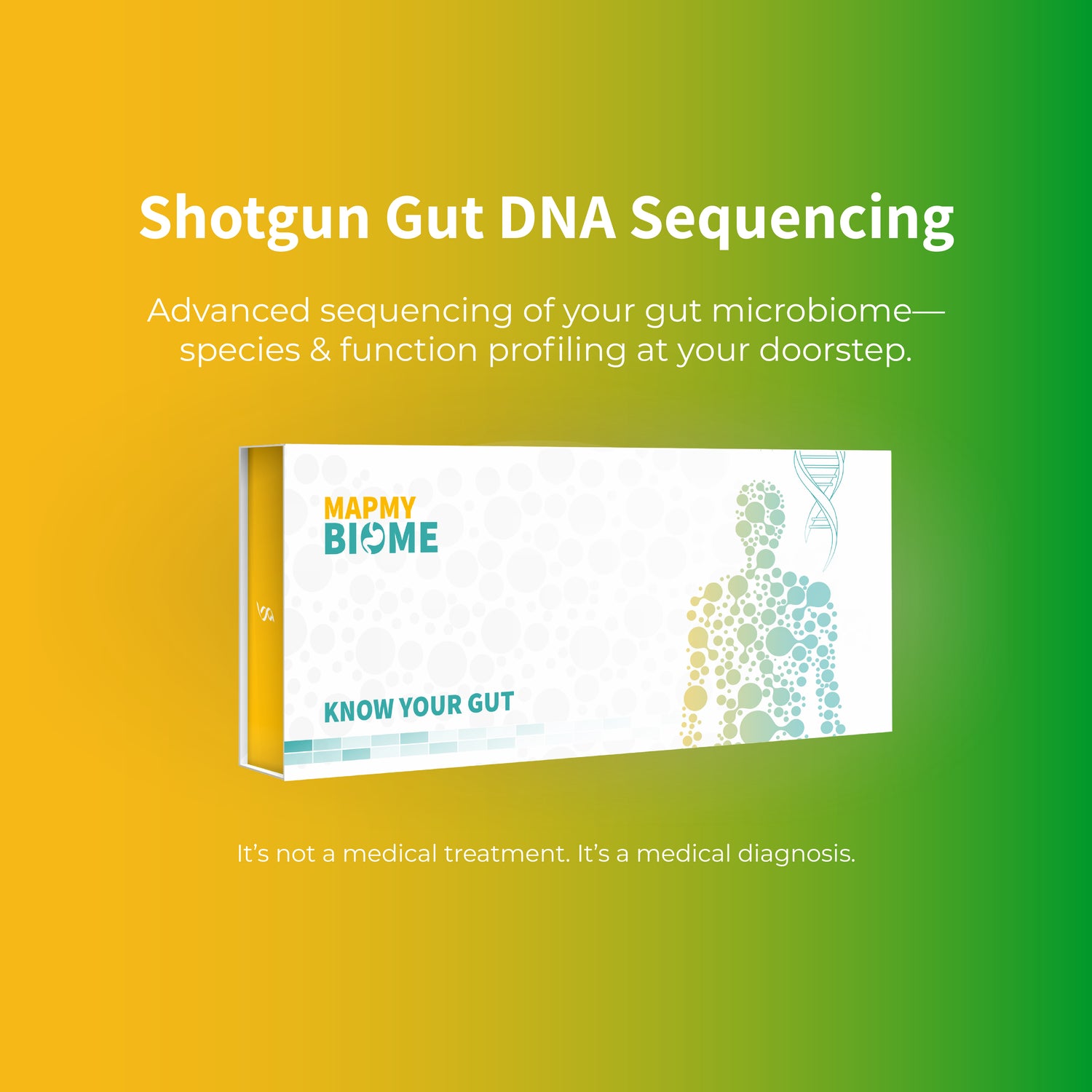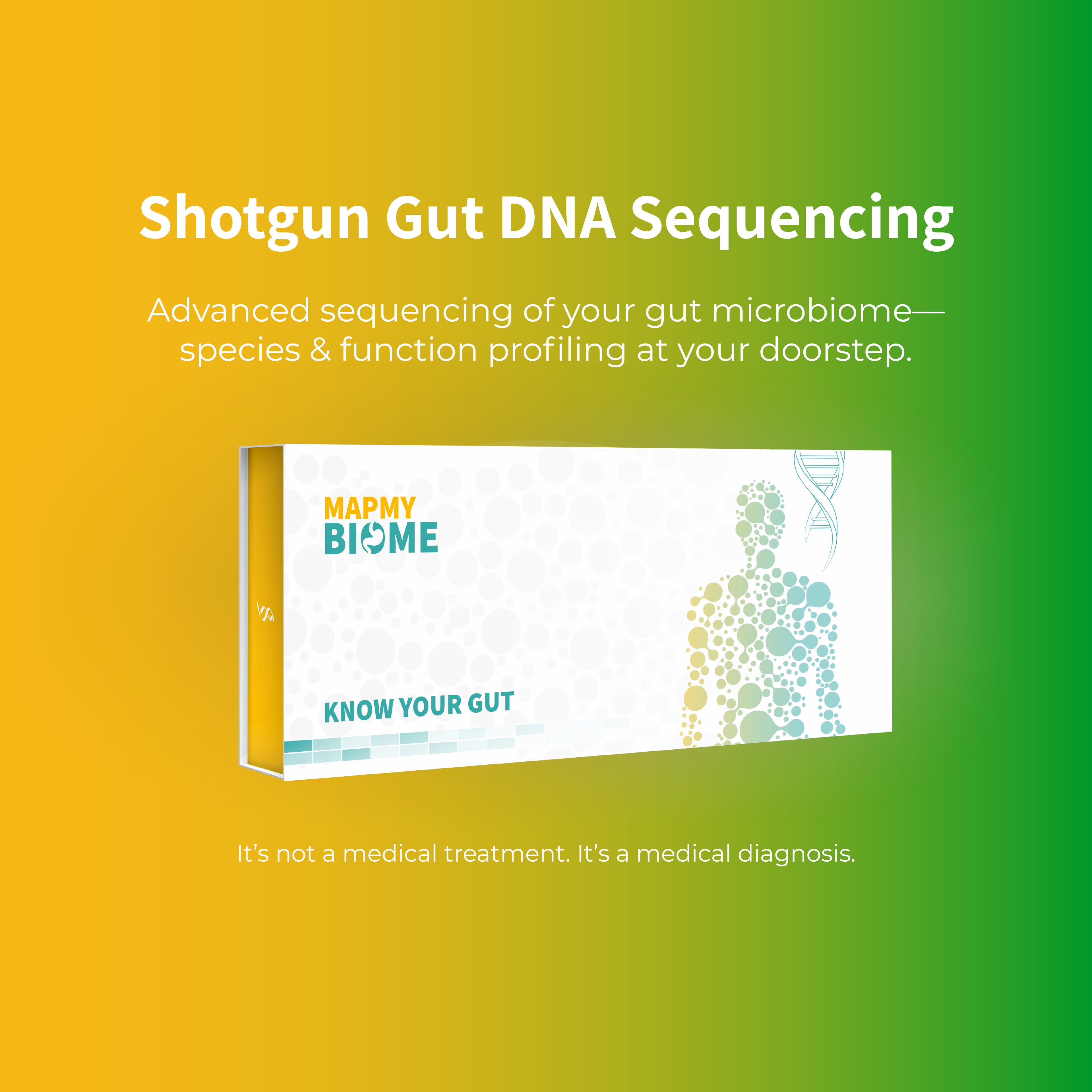स्वास्थ्य की दुनिया में आंत का स्वास्थ्य एक चर्चित विषय है, और इसके पीछे एक अच्छा कारण भी है। स्वस्थ आंत समग्र स्वास्थ्य में महत्वपूर्ण भूमिका निभाती है, पाचन से लेकर प्रतिरक्षा और यहां तक कि मूड तक सब कुछ प्रभावित करती है। लेकिन आंत के स्वास्थ्य का वास्तव में क्या मतलब है, और आप इसे कैसे सुधार सकते हैं? इस ब्लॉग में, हम आंत के स्वास्थ्य का अर्थ, प्रोबायोटिक्स की भूमिका और स्वस्थ आंत को सहारा देने के लिए सर्वोत्तम खाद्य पदार्थों और पूरकों के बारे में जानेंगे।
आंत का स्वास्थ्य क्या है?
आंत का स्वास्थ्य पाचन तंत्र में रहने वाले सूक्ष्मजीवों के संतुलन को संदर्भित करता है। ये बैक्टीरिया, जिन्हें आंत वनस्पति या माइक्रोबायोटा के रूप में भी जाना जाता है, एक स्वस्थ पाचन तंत्र को बनाए रखने के लिए आवश्यक हैं। एक संतुलित आंत शरीर को भोजन को कुशलतापूर्वक संसाधित करने, पोषक तत्वों को अवशोषित करने और हानिकारक रोगजनकों से लड़ने में मदद करती है।
आंत स्वास्थ्य परिभाषा और अर्थ
आंत का स्वास्थ्य आपके जठरांत्र प्रणाली की स्थिति और कार्यक्षमता के बारे में है, विशेष रूप से आपके पाचन तंत्र में रहने वाले सूक्ष्मजीवों (बैक्टीरिया, वायरस और कवक) का संतुलन। जब आपकी आंत स्वस्थ होती है, तो ये जीव संतुलित होते हैं, जो इष्टतम पाचन, एक मजबूत प्रतिरक्षा प्रणाली और समग्र कल्याण में योगदान करते हैं।
खराब आंत स्वास्थ्य के संकेत
इससे पहले कि हम आंत के स्वास्थ्य को बेहतर बनाने के तरीकों पर चर्चा करें, असंतुलित आंत के लक्षणों को पहचानना आवश्यक है:
- पाचन संबंधी समस्याएं : पेट फूलना, कब्ज, दस्त या एसिड रिफ्लक्स खराब आंत स्वास्थ्य का संकेत हो सकते हैं।
- खाद्य संवेदनशीलता : कुछ खाद्य पदार्थों को पचाने में कठिनाई अस्वस्थ आंत से संबंधित हो सकती है।
- थकान और नींद की समस्याएं : खराब आंत स्वास्थ्य आपके ऊर्जा स्तर और नींद की गुणवत्ता को प्रभावित कर सकता है।
- मनोदशा में परिवर्तन : अस्वस्थ आंत का संबंध चिंता और अवसाद जैसी मानसिक स्वास्थ्य समस्याओं से जुड़ा हुआ है।
आंत के स्वास्थ्य को कैसे सुधारें
आंत के स्वास्थ्य को बेहतर बनाने के लिए आहार में बदलाव, जीवनशैली में बदलाव और कभी-कभी पूरक आहार का संयोजन शामिल होता है। यहाँ सबसे प्रभावी रणनीतियाँ दी गई हैं:
1. प्रोबायोटिक्स को शामिल करें
प्रोबायोटिक क्या है?
प्रोबायोटिक एक पूरक या खाद्य उत्पाद है जिसमें जीवित लाभकारी बैक्टीरिया होते हैं। ये सूक्ष्मजीव आपके आंत के वनस्पतियों को संतुलित रखने, पाचन को बढ़ावा देने और प्रतिरक्षा को बढ़ाने में मदद करते हैं।
प्रोबायोटिक्स सप्लीमेंट्स
प्रोबायोटिक सप्लीमेंट लेना आंत के स्वास्थ्य को बेहतर बनाने का एक सुविधाजनक तरीका हो सकता है। ऐसे सप्लीमेंट की तलाश करें जिसमें बैक्टीरिया के विभिन्न स्ट्रेन हों, जैसे लैक्टोबैसिलस और बिफिडोबैक्टीरियम , जो पाचन स्वास्थ्य को लाभ पहुंचाने के लिए जाने जाते हैं। कोई भी नया सप्लीमेंट शुरू करने से पहले हमेशा किसी स्वास्थ्य सेवा पेशेवर से सलाह लें, खासकर अगर आपको पहले से कोई स्वास्थ्य समस्या है।
2. पेट के लिए स्वस्थ भोजन खाएं
आंत के स्वास्थ्य के लिए सर्वोत्तम खाद्य पदार्थ वे हैं जो लाभदायक बैक्टीरिया के विकास को बढ़ावा देते हैं और पाचन में सुधार करते हैं।
पेट के स्वास्थ्य के लिए अच्छे खाद्य पदार्थ
यहां कुछ पेट के अनुकूल खाद्य पदार्थ दिए गए हैं जिन्हें आपके आहार का हिस्सा होना चाहिए:
- किण्वित खाद्य पदार्थ : दही, किमची, सौकरकूट और केफिर जैसे किण्वित खाद्य पदार्थ प्रोबायोटिक्स से भरपूर होते हैं और आंत के वनस्पतियों को बहाल करने में मदद कर सकते हैं।
- फाइबर युक्त खाद्य पदार्थ : सब्जियां, फल, फलियां और साबुत अनाज फाइबर के उत्कृष्ट स्रोत हैं, जो आपके पेट में अच्छे बैक्टीरिया के लिए भोजन का काम करते हैं।
- प्रीबायोटिक खाद्य पदार्थ : प्रीबायोटिक्स एक प्रकार का फाइबर है जो आपके पेट में प्रोबायोटिक्स को पोषण देता है। लहसुन, प्याज, केले और शतावरी जैसे खाद्य पदार्थ प्रीबायोटिक्स से भरपूर होते हैं।
- ओमेगा-3 फैटी एसिड : मछली, अलसी और अखरोट में पाया जाने वाला ओमेगा-3, आंत में सूजन को कम करने में मदद कर सकता है।
पेट के स्वास्थ्य के लिए सर्वोत्तम खाद्य पदार्थ
अपने पेट के अच्छे स्वास्थ्य को बनाए रखने के लिए, इन खाद्य पदार्थों को नियमित रूप से अपने आहार में शामिल करना सुनिश्चित करें:
- दही : प्रोबायोटिक्स से भरपूर दही आंत के बैक्टीरिया को संतुलित करने में मदद करता है।
- केफिर : प्रोबायोटिक्स से भरपूर एक किण्वित पेय, केफिर पाचन में मदद कर सकता है।
- किम्ची और सौकरक्राउट : ये किण्वित सब्जियां प्रोबायोटिक्स और फाइबर दोनों से भरपूर होती हैं।
- साबुत अनाज : जई और जौ जैसे खाद्य पदार्थ फाइबर के उत्कृष्ट स्रोत हैं, जो लाभदायक बैक्टीरिया के विकास को बढ़ावा देते हैं।
- फल और सब्जियां : पत्तेदार सब्जियां, केले और जामुन फाइबर और आवश्यक पोषक तत्व प्रदान करते हैं जो आंत के स्वास्थ्य का समर्थन करते हैं।
3. हाइड्रेटेड रहें
पेट की सेहत के लिए पर्याप्त पानी पीना बहुत ज़रूरी है। पानी भोजन को पचाने में मदद करता है, ताकि आपका शरीर पोषक तत्वों को कुशलता से अवशोषित कर सके और पाचन को सुचारू बनाए रख सके।
4. चीनी और प्रसंस्कृत खाद्य पदार्थों का सेवन सीमित करें
चीनी और प्रसंस्कृत खाद्य पदार्थों से भरपूर आहार से आंत के बैक्टीरिया में असंतुलन हो सकता है। हानिकारक बैक्टीरिया और यीस्ट चीनी पर पनपते हैं, जिससे संभावित रूप से आंत में डिस्बिओसिस (असंतुलन) हो सकता है। मीठे खाद्य पदार्थों और परिष्कृत कार्बोहाइड्रेट का सेवन सीमित करने से स्वस्थ आंत को बनाए रखने में मदद मिल सकती है।
5. नियमित व्यायाम करें
शारीरिक गतिविधि न केवल स्वस्थ वजन बनाए रखने में मदद करती है बल्कि आंत के स्वास्थ्य पर भी सकारात्मक प्रभाव डालती है। व्यायाम से आंत के बैक्टीरिया की विविधता बढ़ सकती है, जो स्वस्थ आंत का संकेत है।
6. तनाव का प्रबंधन करें
क्रोनिक तनाव आपके पेट के बैक्टीरिया की विविधता को कम करके और सूजन को बढ़ाकर आपके पेट के स्वास्थ्य को नकारात्मक रूप से प्रभावित कर सकता है। योग, ध्यान और गहरी साँस लेने के व्यायाम जैसे अभ्यास तनाव को कम करने और स्वस्थ पेट को सहारा देने में मदद कर सकते हैं।
7. पर्याप्त नींद लें
नींद की कमी से आंत के बैक्टीरिया का संतुलन बिगड़ सकता है, जिससे पाचन संबंधी समस्याएं हो सकती हैं। आंत के स्वास्थ्य और समग्र स्वास्थ्य को बढ़ावा देने के लिए हर रात 7-9 घंटे की अच्छी नींद लेने का लक्ष्य रखें।
आंत स्वास्थ्य की खुराक
जबकि प्रोबायोटिक्स और फाइबर से भरपूर संतुलित आहार आंत के स्वास्थ्य को बेहतर बनाने का सबसे अच्छा तरीका है, पूरक आहार भी इसमें मदद कर सकते हैं।
प्रोबायोटिक सप्लीमेंट्स
जैसा कि पहले बताया गया है, प्रोबायोटिक सप्लीमेंट आपके पेट में लाभकारी बैक्टीरिया पहुंचा सकते हैं। वे कैप्सूल, पाउडर और यहां तक कि पेय पदार्थों में भी उपलब्ध हैं। सुनिश्चित करें कि आप उच्च गुणवत्ता वाला उत्पाद चुनें जिसमें विशिष्ट स्ट्रेन और CFU (कॉलोनी बनाने वाली इकाइयाँ) सूचीबद्ध हों।
फाइबर सप्लीमेंट्स
यदि आपको अपने आहार से पर्याप्त फाइबर नहीं मिल रहा है, तो साइलियम हस्क या इनुलिन जैसे फाइबर सप्लीमेंट्स लाभकारी बैक्टीरिया को पोषण देकर आंत के स्वास्थ्य को बढ़ावा देने में मदद कर सकते हैं।
प्रीबायोटिक सप्लीमेंट्स
प्रीबायोटिक्स भी प्रोबायोटिक्स की तरह ही महत्वपूर्ण हैं क्योंकि वे आपके पेट में मौजूद लाभकारी बैक्टीरिया के लिए भोजन का काम करते हैं। प्रीबायोटिक सप्लीमेंट आपके पेट के फ्लोरा के संतुलन को बेहतर बनाने में मदद कर सकते हैं, खासकर जब प्रोबायोटिक्स के साथ मिलाए जाते हैं।
अंतिम विचार
स्वस्थ आंत को बनाए रखना समग्र स्वास्थ्य के लिए महत्वपूर्ण है। प्रोबायोटिक्स को शामिल करके, आंत के लिए स्वस्थ खाद्य पदार्थ खाकर, हाइड्रेटेड रहकर और अच्छी जीवनशैली की आदतों का अभ्यास करके, आप अपने आंत के स्वास्थ्य को बेहतर बना सकते हैं और बेहतर पाचन, प्रतिरक्षा और मूड का आनंद ले सकते हैं।
याद रखें, पेट की सेहत सिर्फ़ इस बात पर निर्भर नहीं करती कि आप क्या खाते हैं, बल्कि इस बात पर भी निर्भर करती है कि आप कैसे रहते हैं। संतुलित आहार, नियमित व्यायाम और तनाव प्रबंधन आपके पेट के फ्लोरा को संतुलित रखने और आपके पाचन तंत्र को बेहतर तरीके से काम करने में महत्वपूर्ण भूमिका निभाते हैं।















